Russian national spirit regardless of victory or defeat in World Cup
The World Cup has raised national spirit in Russia to such a high level that many people think of Victory Day on May 9.
|
Russian fans wave flags after the end of the Russia - Uruguay match. Photo:Reuters. |
Since the World Cup began nearly two weeks ago, chants of one country's name have dominated stadiums: "Ros-si-ya!" (the way Russians pronounce their country's name). Even when the host country's team isn't playing, those three syllables are chanted day and night by passionate fans of all ages, according toWashington Post.
In Russia, patriotic fever was at its peak.
"Our team is like children. It doesn't matter if they play well or not, we still love them," said singer-songwriter Dmitry Dunayev as he performed outside Red Square. Dressed in a red football kit, Dunayev sang his latest national team anthem just before the final whistle of Russia's 3-0 defeat to Uruguay.
Despite losing their final group game, Russia still managed to reach the last 16. The last time they achieved this was in 1986 under the Soviet Union. Russia's first two wins against Saudi Arabia and Egypt brought unexpected happiness to the country, which was not highly rated. Moscow's city centre was bustling with street parties all night.
The atmosphere was reminiscent of May 9, a national holiday marking the Soviet Union's victory over Nazi Germany and one of the most important days in the Russian calendar.
The timing of the World Cup could not be better. Russia’s relations with the West are at their most tense since the Cold War, with US-led sanctions pushing Russia deeper into isolation. Russia is at odds with the West over a range of issues, including alleged Russian meddling in US elections and the crises in Ukraine and Syria. Moscow, meanwhile, sees the US and Europe as anti-Russian.
Hosting the world's biggest sporting event helps Russians feel they are not isolated and that the government's policies are justified. "We hope that everyone who visits Russia will envy us when they leave," said Zemfira Tsakhilova, head of the Katyusha children's dance centre.
With a small Russian flag in her hand, Tsakhilova led boys and girls in colorful national costumes as they danced near the Kremlin. About a dozen children then unfurled a large Russian flag.
“Ros-si-ya!” they shouted in unison, their beaded hats glistening in the late afternoon sunlight.

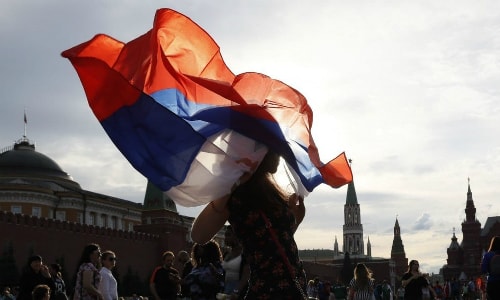
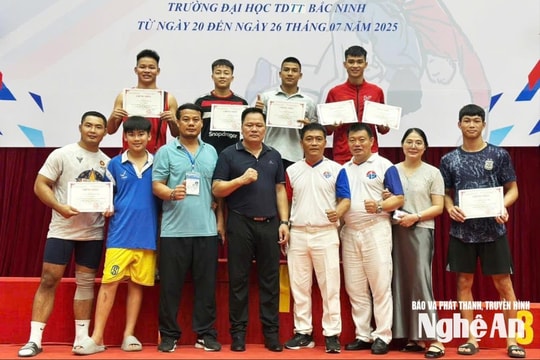
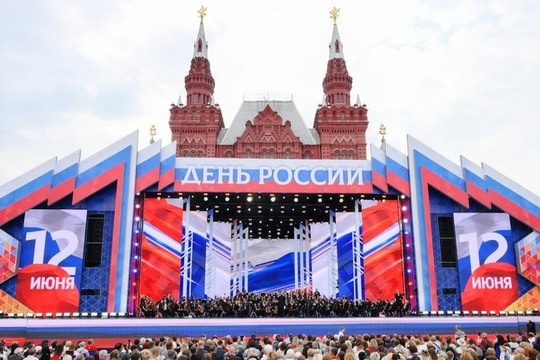
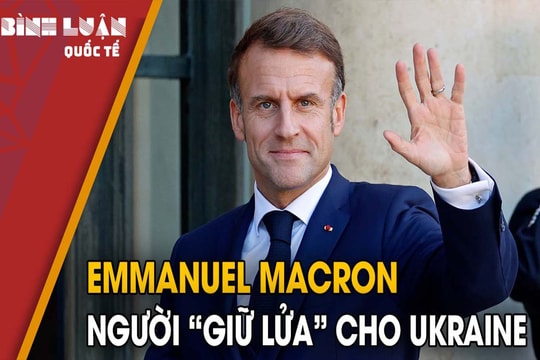

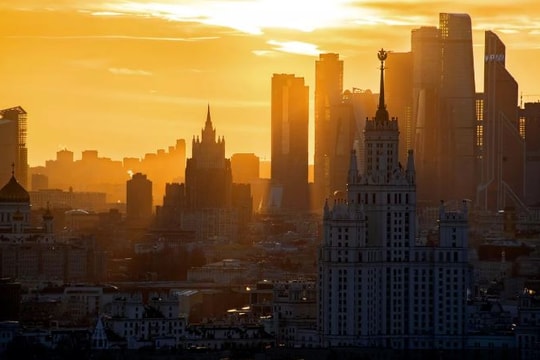
.jpg)

